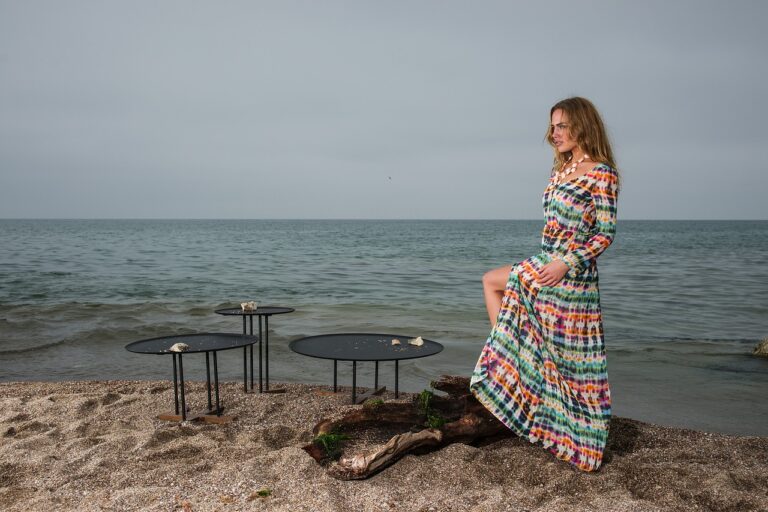Luxury Fashion Houses: Their Legacy and Impact on the Industry
Luxury fashion houses, with their opulent designs and prestigious status, trace their historical roots back to the 19th century. Established by visionary designers who sought to elevate clothing to an art form, these fashion houses quickly became synonymous with elegance and refinement. The likes of Chanel, Louis Vuitton, and Gucci emerged during this period, each with a unique aesthetic that set them apart from their contemporaries.
As these luxury fashion houses continued to flourish, their historical significance deepened with each passing decade. Couturiers such as Christian Dior and Yves Saint Laurent redefined the industry in the mid-20th century, introducing groundbreaking silhouettes and styles that shaped the future of fashion. Through meticulous craftsmanship and unwavering dedication to quality, these iconic brands solidified their place in fashion history, inspiring generations of designers to come.
• Chanel, founded by Gabrielle “Coco” Chanel in 1909, revolutionized women’s fashion with its timeless and sophisticated designs.
• Louis Vuitton, established in 1854 as a luxury luggage brand, expanded to include ready-to-wear clothing and accessories under the creative direction of Marc Jacobs.
• Gucci, founded by Guccio Gucci in Florence in 1921, became known for its high-quality leather goods and iconic double G logo.
Founders and Visionaries Behind Iconic Brands
Coco Chanel, the pioneering force behind the iconic Chanel brand, reshaped the fashion industry with her revolutionary designs that celebrated simplicity and elegance. Her avant-garde approach brought forth the concept of timeless style, making the brand a symbol of luxury and sophistication.
Gianni Versace, the visionary behind the eponymous Versace label, was known for his daring designs that exuded opulence and glamour. With a keen eye for detail and a bold aesthetic, Versace pushed boundaries and created a legacy of bold prints and vibrant colors that continue to define the brand’s identity.
Evolution of Luxury Fashion Houses Through the Decades
Over the decades, luxury fashion houses have continuously evolved to adapt to changing consumer preferences and trends. The 20th century saw the rise of iconic brands such as Chanel, Dior, and Louis Vuitton, which revolutionized the fashion industry with their innovative designs and marketing strategies. These fashion houses not only set the trends but also became synonymous with luxury and sophistication.
In the following decades, luxury fashion houses expanded their presence globally, catering to a growing demand for high-end fashion products. Brands like Gucci, Prada, and Valentino emerged as leading players in the luxury market, showcasing their distinct design aesthetics and craftsmanship. The evolution of luxury fashion houses through the decades reflects the dynamic nature of the industry, where creativity, innovation, and brand identity play a crucial role in staying relevant and enticing consumers.
What are some examples of luxury fashion houses with deep historical roots?
Some examples include Chanel, Louis Vuitton, Gucci, and Christian Dior.
Who were the founders and visionaries behind these iconic luxury brands?
Coco Chanel founded Chanel, Louis Vuitton founded Louis Vuitton, Guccio Gucci founded Gucci, and Christian Dior founded Christian Dior.
How have luxury fashion houses evolved through the decades?
Luxury fashion houses have evolved by adapting to changing trends, expanding their product lines, and exploring new markets globally. They have also embraced technology and sustainability in recent years.
What are some key factors that have contributed to the success of luxury fashion houses?
Factors that have contributed to the success of luxury fashion houses include strong brand identity, quality craftsmanship, innovative design, celebrity endorsements, and effective marketing strategies.
How do luxury fashion houses maintain their exclusivity and appeal to high-end consumers?
Luxury fashion houses maintain their exclusivity by offering limited edition collections, exclusive collaborations, personalized services, and creating a sense of luxury and prestige around their brand.







